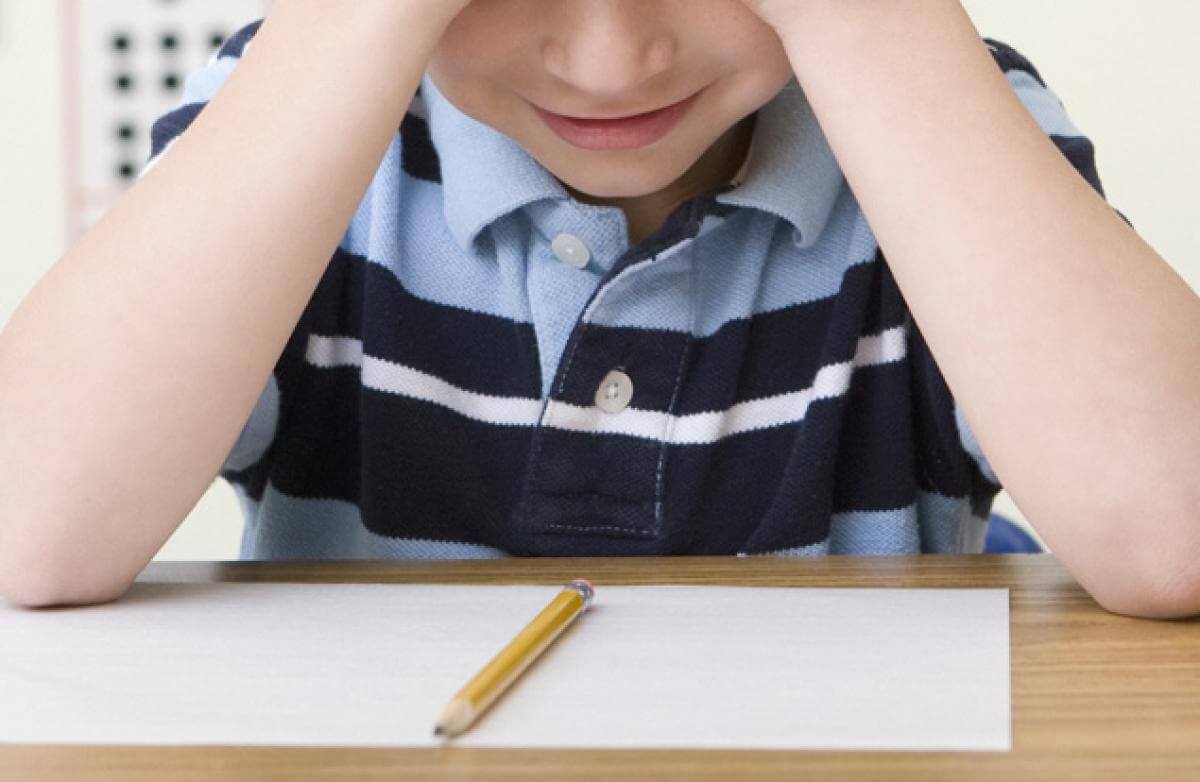ADD/ADHD Counseling & Noticing the Symptoms

Attention Deficit Disorder (ADD) and Attention Deficit Hyperactivity Disorder (ADHD) can drastically interfere with the ability to succeed in school or at work, and even in personal relationships. Especially for young adults and children, these disorders can be particularly frustrating as they serve as gateways for additional problems; nearly 80 percent of kids who were never diagnosed and treated end up abusing drugs and/or alcohol (Stehle).
However, there is still hope. Counseling and behavior modification can help overcome the symptoms of ADD/ADHD with or without medication.
Here are a few questions to ask yourself that can help determine if your child has ADD/ADHD:
- Does your child seem to have trouble with focus and concentration?
- Do you have to repeat yourself over and over when giving even simple instructions?
- Have teachers reported that your child is disruptive in class or failing to perform at average academic ability levels?
- Is your child always “on the go” and seems to be driven by a motor?
Answering yes to the majority of the questions above is a good indicator that your child might have ADD/ADHD. These disorders affect 3-5 percent of all school-aged children and are much more common in boys than girls. Research has indicated that ADD and ADHD may run in families, but the exact cause of the disorders is unknown.
FAQs about ADD/ADHD Counseling & Noticing the Symptoms
Answered by our therapists Tricia Stehle, LMSW (TS) and Dr. Darren Fuerst, Ph.D. Neuropsychology (DF)
1. What are some of the signs that parents usually notice in children with undiagnosed ADD/ADHD?
Tricia Stehle: “One of the most common signs is a lack of focus/concentration, ie. He/she has a million things to do, but seems to never be able to start anything, or starts all kinds of projects, and never finishes any of them, or experiences hyperactivity/anger outbursts for no apparent reason. A second sign is a change in sleep habits (often stays up late and cannot get up in the morning). For older children (adolescents), one should notice the use of alcohol and drugs, because the individual does not realize at the time that they are actually self-medicating.”
2. What is the extent of treatment for a child with ADHD? Why is counseling the right choice?
Tricia Stehle: “Medication can help a great deal, but it is only a catalyst for change. Therapy is necessary to help the child develop healthy coping skills and time management (super important when it comes to managing school schedules and other activities).”
Darren Fuerst: “The treatment “of choice” is a stimulant medication. Counseling is definitely in order, specifically targeted at behaviors of inattention and the difficulty it brings to work and a social/love life. Significant others can have a difficult time if they have a partner with ADHD. The advantage of counseling is that: 1) it is a non-pharmacologic intervention, the benefits of which will be with the person for life; 2) it can target specific problems (e.g., procrastination, never getting things done, disorganization, etc.) unique to the individual; 3) therapy is time-limited, such as CBT for ADHD.”
3. Will my child be able to do the same things as other kids, or will he be permanently set back and always have a difficult time?
Tricia Stehle: “Absolutely with treatment, your child can do all the same things, but the key is early intervention. Listen to your gut and don’t mistake a sudden change in your child’s behavior as merely a phase. It could mean that they are developing the early stages of the disorder. It is not uncommon for me to hear parents say that their child was ‘just fine’ for a while, and then all of sudden, grades start falling, projects are left undone, and they cannot focus on things or remember anything.”
Darren Fuerst: “ADHD is a life-long disorder. The problems tend to remit, somewhat, when a person gets out of school and finds a career. However, it will always present problems that will have to be dealt with either through medication or counseling. Counseling makes it possible to reduce or discontinue medication and identify what situations do or don’t require it. Although, people with ADHD are in other respects exactly the same as everyone else and will face the same problems and successes that others do. In fact, there are a number of famous people with ADHD.”
Ready to prioritize your mental health?
Great Lakes Psychology Group is here to help. With an extensive network of caring therapists available to meet online or in-person, we make it easy to find the right fit for your unique needs.



